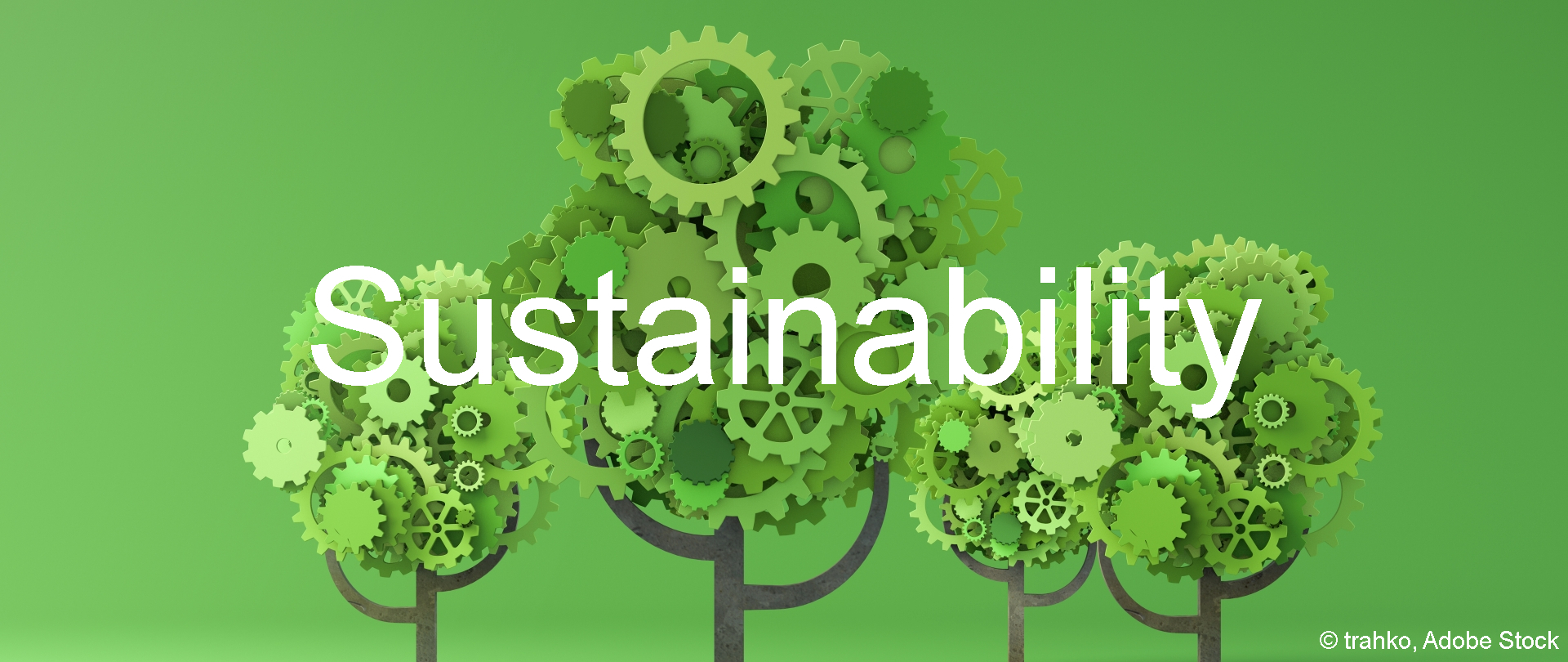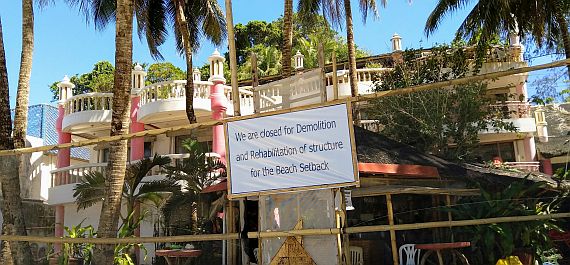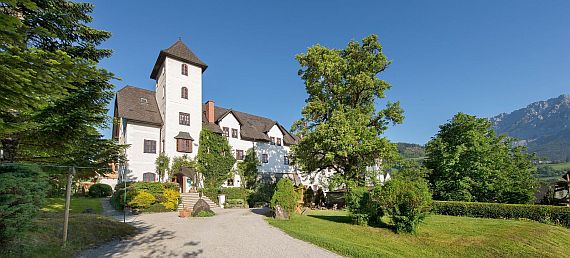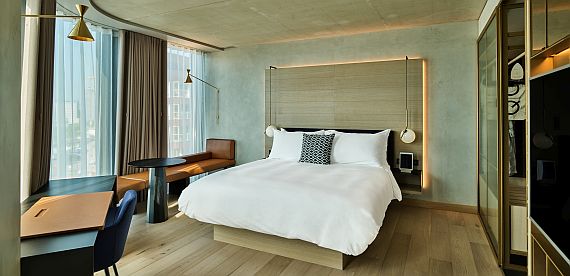
News & Stories
Boracay. It was 2017 when Rodrigo Duterte, President of the Philippines, arrived at the Shangri-La Hotel on Boracay to attend a wedding. During his stay, Duterte drove himself into a rage: "Swimming in Boracay is like swimming in a cesspool." This statement was an absolute provocation, as Boracay had been ranked among the ten most beautiful tropical islands in the world on a regular basis. The dictator, however, did not stop at grumbling, but ordered the island to be closed for six months in April 2018. A disaster for the locals, while the gradual change came as a blessing for the environment. The aim: an absolutely flawless island by 2020. The "ecologic fate" of Boracay fits perfectly into the current debate on overtourism. hospitalityInside editor Fred Fettner, a big fan of the Philippines, researched and photographed Boracay.
Amsterdam. For three years now, Booking.com has been on a global mission to search, identify, mentor and fund like-minded start-ups that believe in technology's ability to have a positive impact on the world of travel. The OTA recently awarded 2 million euros in funds to ten start-ups ready to scale up for better sustainability in tourism.
Vienna/Queensland. Environmental seals, stuck to the hotel room, do not have any impact. Eco boats are not the ones, which are stormed by tourists first. And those who want to save on food waste during breakfast should use smaller plates at their buffets. At the Congress of the Austrian Hotelier Association in January, a Slovenia woman teaching in Australia, showed, which environment-friendly indications and requests are followed by the guests and which are not. This can only be the start of another intense discussion about sustainability in hotels.
London. Considerate Hoteliers relaunches its company identity. The company has grown from a specialist company driving responsible business practices in hotels, to the "Considerate Group" – being able to also service SMEs in the restaurant, cruise ship, serviced apartments or suppliers' business. Next year, a new App for SMEs will be launched.
Frankfurt/M. It all starts with a simple message: "Put the towel on the floor of the bathroom or in the laundry basket for used towels if it should be changed, and hang it up if not." The confusion starts when the housekeeping finds used towels in different places and does not know what to do with them. So they replace them – and the hotel's sustainability promise has gone. Klaus Lengefeld, our sustainability expert recommends how to deal with this tricky situation.
Berlin. Investing in energy efficiency and sustainability is worthwhile for accommodation companies: they save costs and CO2 and increase the property value. The German Energy Agency has accompanied 30 hotels and hostels during the energetic restructuring.
Amsterdam. Smartphones, smart homes, smart buildings, smart cities, smart devices, etc., it sure seems like the world has never been more intelligent than today. And the hospitality industry is no stranger to the trend as several examples of smart rooms and smart hotels have been popping up in recent years. From AccorInvest and Hilton to Louvre's first SmartHotel in Shanghai, from investors to developers, from hotel owners to operators, the industry is following a growing trend which is yet to be correctly defined. What is the definition of a smart hotel? Sarah Douag asked professionals.
Amsterdam. Apparently, the most sustainable hotel in Europe is in Amsterdam. The QO Amsterdam, a unit with 288 rooms and suites and a modern take on Art Deco interior design operated by IHG, is actually located in the upcoming Amstelkwartier, which is 15 minutes away from the old city center and right on the banks of the Amstel River. Water and energy savings are massive, waste has been reduced from 60 to 12 kilos of garbage per square meter, and the "Greenhouse" on top of the building also serves neighbors today… The investor challenged architects and operations proving "that hospitality is a catalyzer for making the world a better place", he believes. A story of unexpected results.
Amsterdam. Less than a year ago, the global real estate investment manager of Invesco Real Estate acquired on behalf of CBRE Global Investment, the most remarkable example of "green property" in Europe: the QO Hotel Amstelkwartier in Amsterdam. Two weeks ago, the hotel management welcomed the third annual Invesco Roundtable about sustainability – before its participants were introduced to the QO in detail. The discussion revealed: Investors are looking into it but still lacking courage, corporate clients are not willing to pay more for sustainability, while global eco-conscious travelers are not able to find the desired green property at one online portal.
Frankfurt/M. When you look into eco and sustainability standards for farmers and hoteliers, life seems relatively easy. The standards for eco-farmers seem to be much clearer and simple compared to hoteliers' standards. "Hotel sustainability is no easy solution in such a complicated microcosm," says Klaus Lengefeld, Senior Advisor Sustainable Tourism based in Frankfurt. As a known expert in sustainable tourism, he will start with this comparison in a series of articles that will make clear why it is a complicated challenge to implement sustainability in the hospitality industry.







